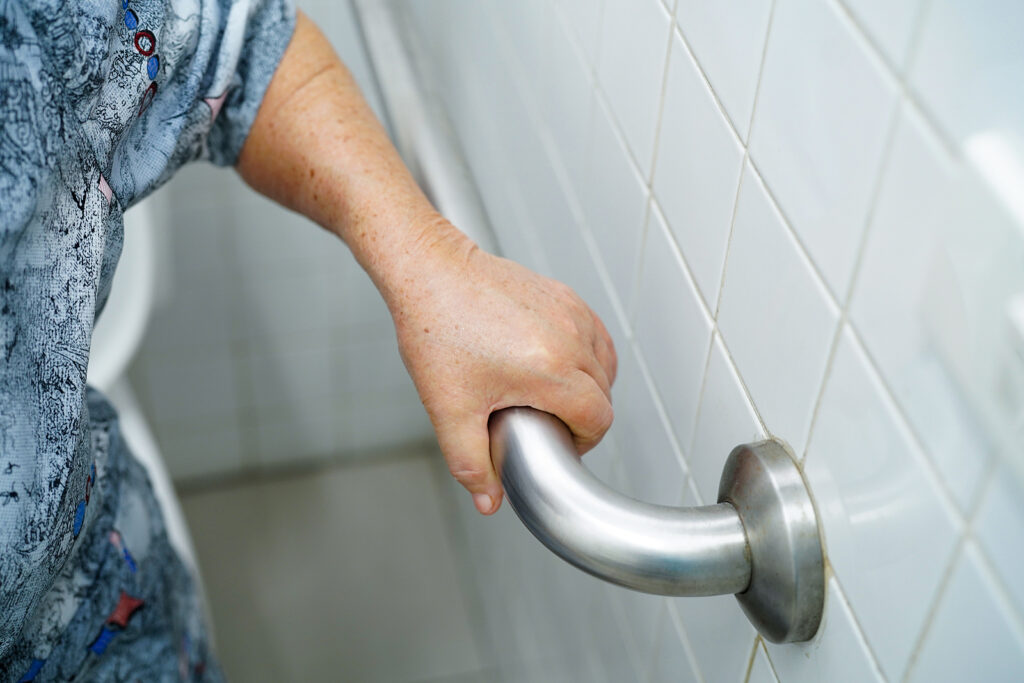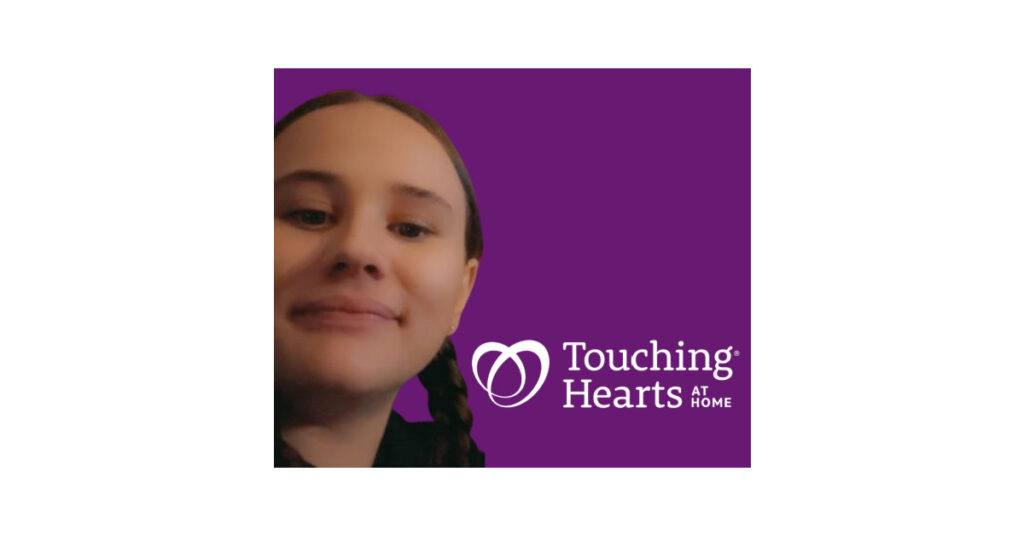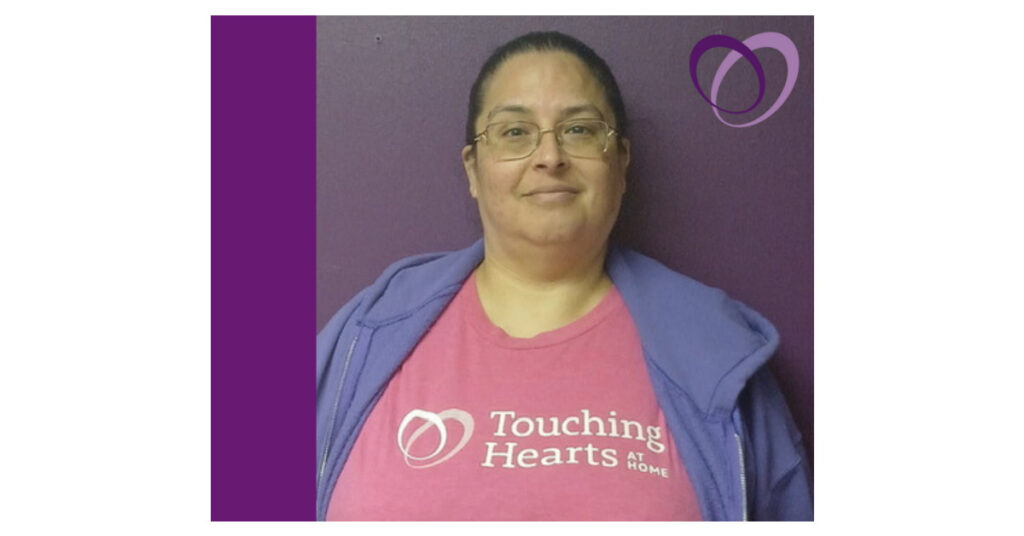Tips for Seniors: Reduce Memory Loss
What Causes Memory Loss besides Aging?
Memory loss can be the first sign of Alzheimer’s disease, happen after suffering a traumatic experience, or it may be a by-product of a person’s living environment. There are many other factors that contribute to memory loss including, but not limited to:
- Dementia & Alzheimer’s
- Loneliness
- Depression
- Sadness
- Worry
- Boredom
- Dehydration
- Falls & Head Impacts
- Medication Interactions
- Excessive use of Drugs and Alcohol
Can Memory Loss be Reversed?
Memory loss can be reversed in many situations and is non-reversible in others. When memory loss is a symptom of a brain condition or disease, such as Alzheimer’s, it is often not reversible. In this case, preventative measures should be taken to reduce loss. If your problems are caused by drug interactions, a change in your prescription may help. If it’s due to excessive alcohol consumption, cutting back can help. If it’s because of a traumatic experience you may need professional guidance to help you to work through the situation.
What Can I Do About Recognized Memory Loss?
Many of the contributing factors to memory loss described above are associated with ‘reversible’ memory loss…and as the name implies, the associated memory loss oftentimes can be reversed. The Mayo Clinic provides the following tips to reverse or reduce memory loss:
- Stay mentally active
- Socialize regularly
- Get organized
- Focus
- Eat a healthy diet
- Include physical activity in your daily routine
- Manage chronic conditions
Please visit the Mayo Clinic website to learn read “Memory Loss: 7 Tips to Improving Your Memory”.
When To Seek Help For Memory Loss
Getting a prompt diagnosis and the appropriate care is essential to reversing or reducing memory loss. If you’re worried about memory loss, especially when it effects your ability to complete your usual daily activities, consult your doctor. He or she will likely do a physical exam, as well as check your memory and problem-solving skills. Urine and blood tests, CAT scans, and recall tests in which the doctor asks you questions are all performed in an effort to determine how well you recall information.
With a strong diagnosis and supportive care you or a loved one can minimize damage and help improve memory!
You may also like:
Five Tips for Coping with an Alzheimer’s Disease Diagnosis
Alzheimer's Care in Hesston KS: It can be difficult to adjust to a new diagnosis of Alzheimer’s disease. Incorporating these…
Making Safety Modifications to Age in Place Safely
Senior Home Care in Lyons KS: In order for your senior to age in place safely, some modifications may need…
Congratulations, Jada!
Congratulations to our amazing caregiver, Jada Pinkston! Jada’s name was drawn from those who took the time to complete our…
March Employee of the Month
Congratulations to Dawn Swenson-Boroff, our March Employee of the Month at Touching Hearts at Home of Central Kansas! Your dedication,…
Happy Easter From Our Touching Hearts Family
May you enjoy the special Blessings of the Easter Holiday filled with the peace of His presence, the joy of…









